London's High Court issued a ruling on Tuesday, blocking the return of an Eritrean asylum seeker to France who arrived in the UK on a small boat. The court said this was a temporary measure pending a full legal challenge, though the development is widely being regarded as a setback to the government's recently introduced "one in, one out" returns scheme with France.
The 25-year-old Eritrean man reportedly arrived in the UK after departing from French shores on a small boat just over a month ago.
The asylum seeker had been scheduled to be sent back to France on a morning flight on September 17 as part of the recently introduced "one in, one out" pilot scheme between Britain and France but won an interim injunction that prevented his removal in the final hours.
The specific issue which Judge Clive Sheldon examined in this case was whether the man had been trafficked at any point on his journey to the UK, and how this might impact his potential removal.
"There is a serious issue to be tried in relation to the trafficking claim and whether or not the Secretary of State has carried out her investigatory duties in a lawful manner," Judge Sheldon said.
"If there was a reasonable suspicion that he was trafficked — and that does not mean trafficked in or from France — that would amount to a statutory bar to removal for at least a short period of time."
The judge said the asylum seeker should be given two weeks to provide further details about his claim to be a victim of trafficking, instead of the decision to remove him being rushed.
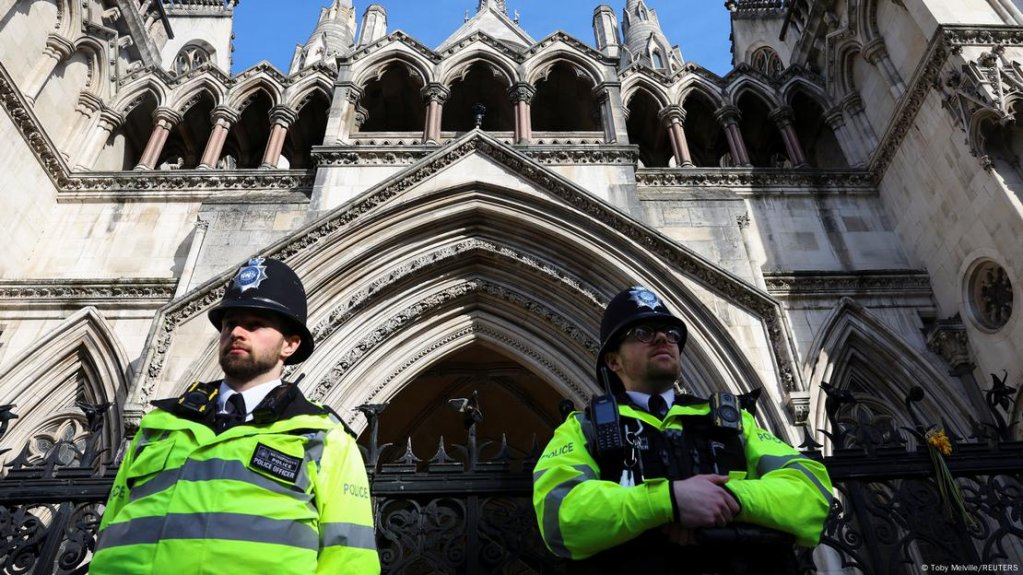
Smuggling, trafficking or slavery?
Sonali Naik, one of the lawyers representing the asylum seeker, told the court her client was a victim of trafficking rather than migrant smuggling, arguing that his asylum claim needed to be determined before anyone's ruling on his removal.
They also stressed that he could face a "real risk of destitution" if he is sent back to France.
However, lawyers for the Home Office — Britain's Interior Ministry — argued that the Eritrean man could have claimed asylum in France already.
During the hearings it also emerged that the man's trafficking claims had been rejected by Home Office officials since his arrival in the UK in the past month; however, the Home Office also admitted in a letter published today in response to the ruling that the man nevertheless maintained his right to make further representations and appeals, according to a report on the BBC.
The difference between smuggling and human trafficking — often referred to as modern day slavery — in legal terms usually means that there is a major element of coercion or force in the movement of an individual across borders.
Read AlsoPrison, punishment and pushbacks: From Eritrea to Libya to Italy
Eritrea: Africa's elusive no-man's-land
In the specific case of Eritrean nationals, it is often difficult to establish details and documentation, as the country located in the Horn of Africa is one of the most authoritarian and secretive regimes in the world.
Court papers show that the man left for Europe two years ago, arriving in Italy in April 2025, and that he had at least been to one other country on his journey — Ethiopia.
However, court documents also showed that his mother had paid around 1,200 euros to smugglers for his Channel crossing, likely ruling out any element of trafficking on this most recent stretch of his journey.
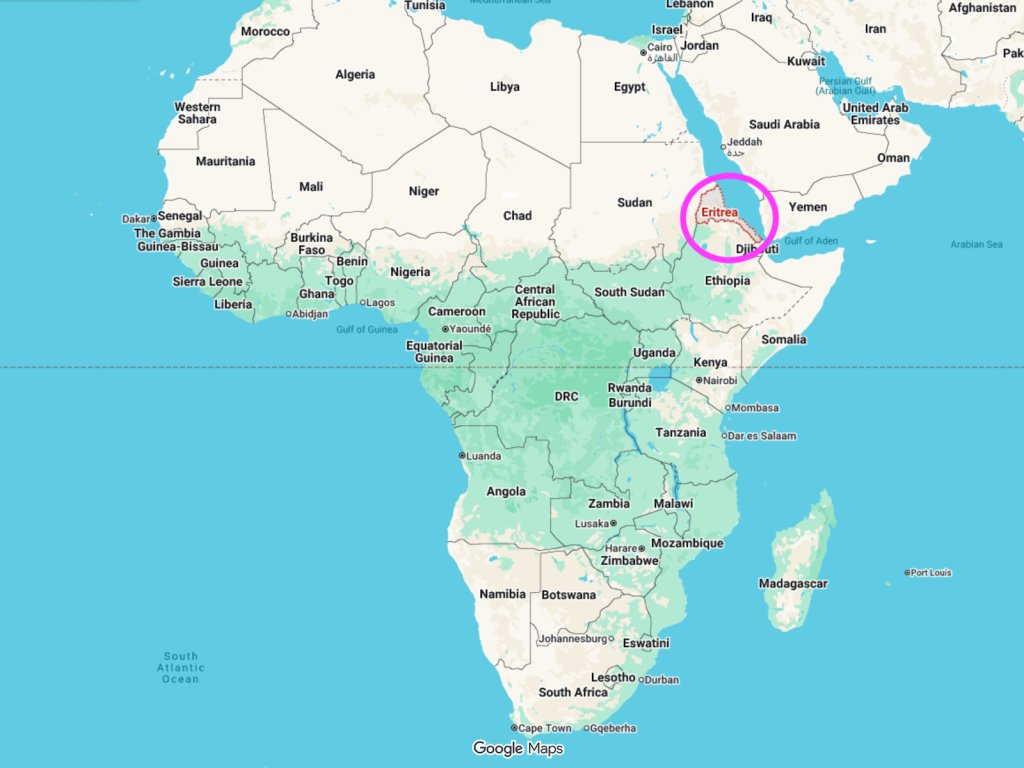
Read AlsoRemembering Segen, from Eritrea: A poet who died after crossing the Mediterranean
Deportations are in best 'public interest'
Kate Grange, one of the lawyers representing the government's Home Office, argued in court that any further delay in the deportation of the Eritrean national to France — regardless of his individual circumstances — could prompt other migrants facing their removal to France under the pilot scheme to bring similar challenges just to buy time.
She added that this could undermine the public interest in deterring small boat crossings. But her arguments were dismissed in favor of the temporary halt to the man's deportation.

On Wednesday (September 17), the government hit back against the temporary ban on deportation, with government minister Liz Kendall telling Times Radio that this singular case "is not going to undermine the fundamental basis of this deal."
"This decision is disappointing but it won't prevent the rest of that deal going ahead," Kendall, whose portfolio recently changed from Work and Pensions to Science, Research and Innovation, stressed.
Though this court case does indeed only mark the first legal challenge against the deal, its legalities and standing have been under close scrutiny since its inception. The delay in getting the scheme off the ground has only added to the political stress the Labour government finds itself under. Stress from which the government's political oponents are busy making hay.
Deploying similar language to that used by Labour to describe previous failed Conservative immigration schemes, members of the Conservative party branded the new deal "a failed gimmick."
Read Also'One-in, one-out' scheme between UK and France launches as thousands continue to cross Channel
Britain on track to break arrival numbers
The so-called "one in, one out" scheme is part of the UK government's overall push to stop migrant boats from coming to the UK from France — an issue that has been in the public eye for the past five years amid fast-growing public discontent over migration.
Under this initiative, France is willing to agree to accept irregular immigrants arriving in Britain by small boats back — in exchange for Britain accepting an equal number of legitimate asylum seekers residing in France, who have family ties in Britain.
The Home Office has emphasized that the UK-France deal could help bring an end to the business model of people smugglers facilitating irregular crossings from across the English Channel, with their lawyers arguing in court filings that it "seeks to disincentivise illegal and dangerous crossings and favor legal migration routes."
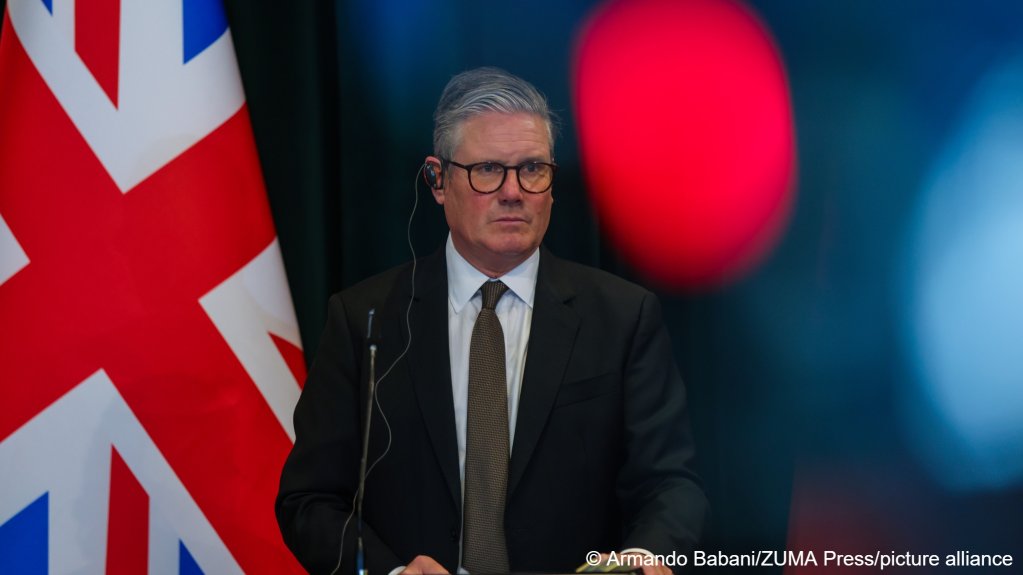
Read AlsoMigrants continue crossing Channel, despite new policies in place
However, despite being finalized in July, not a single migrant has yet been returned to France, as discontent over the issue of immigration continues to grow across the UK.
British Prime Minister Keir Starmer, whose Labour Party came into power just over a year ago in a landslide victory, is facing growing pressure to find solutions, with various surveys showing a major drop in public support for him and his party.
Meanwhile, the anti-immigrant Reform UK party, spearheaded by Nigel Farage, continues to lead in opinion polls — though it is unlikely that a general election will be called before 2029.
More than 31,000 people have made irregular journeys across the Channel so far this year, setting 2025 on track to breaking previous records, with dozens of deaths recorded over the years.
Read AlsoChannel: At least four migrants die in crossing attempts in two days
No transfers to France so far
A Home Office spokesperson meanwhile told the BBC that the British government still expected the first returns to France to take place soon, and that this interim ruling would not prevent the rolling-out of the wider scheme.
They added that the government was "confident in the legal basis for this pilot, we've taken steps to ensure it's compliant with domestic and international law; as with any policy, we're prepared to respond to any legal scrutiny that occurs."
In fact over the past two weeks, more than 90 migrants in the UK, who have been held in immigration removal centers after their irregular crossings, have reportedly received letters announcing their imminent removal, according to media reports.
Many of them were supposed to be either on the same scheduled Air France flight departing from London Heathrow Airport on Wednesday as the Eritrean national, whose return has now been halted stopped, or on other flights that departed on Monday and Tuesday.
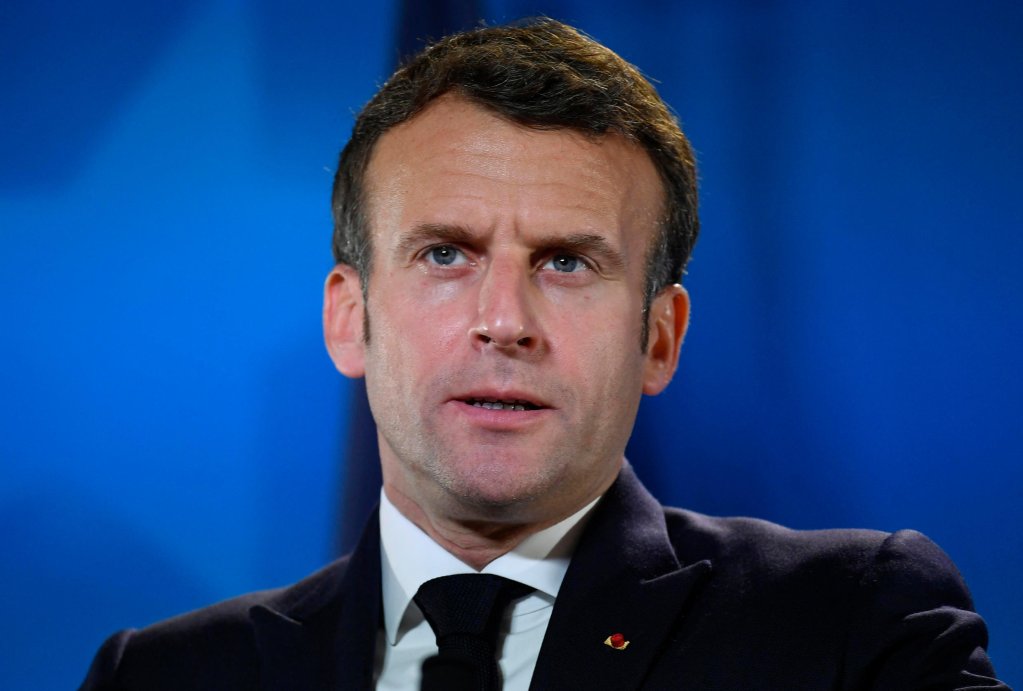
However, it is believed that due to a high rate of further representations being made in many of these cases, those departures have now been placed on hold too.
The left-leaning Guardian daily newspaper said that it is believed that "some of those due to fly had lodged unsuccessful legal challenges against removal, but did not fly due to concerns raised from French authorities that the Home Office had not provided adequate notice of the vulnerabilities of some individuals, [such as their potential status as] victims of trafficking and torture."
A government source meanwhile effectively told the Guardian the opposite, saying that they still expect the first migrant returns flight to France to take off this week.
France meanwhile announced that it would make good on its end of the bargain by seeing its first repatriations to the UK through from Saturday, according to its interior ministry.
Read Also Macron and Starmer discuss tougher joint measures to curb Channel migrant crossings
Further legal challenges and international obligations
Beyond British courts, there's also the worry of having the legality of the treaty with France challenged before the European Court of Human Rights (ECHR), to which both countries are signatories.
French interior ministry officials meanwhile have reportedly already warned that the deal would be abandoned if it was found not to be functioning well, according to the AFP news agency.
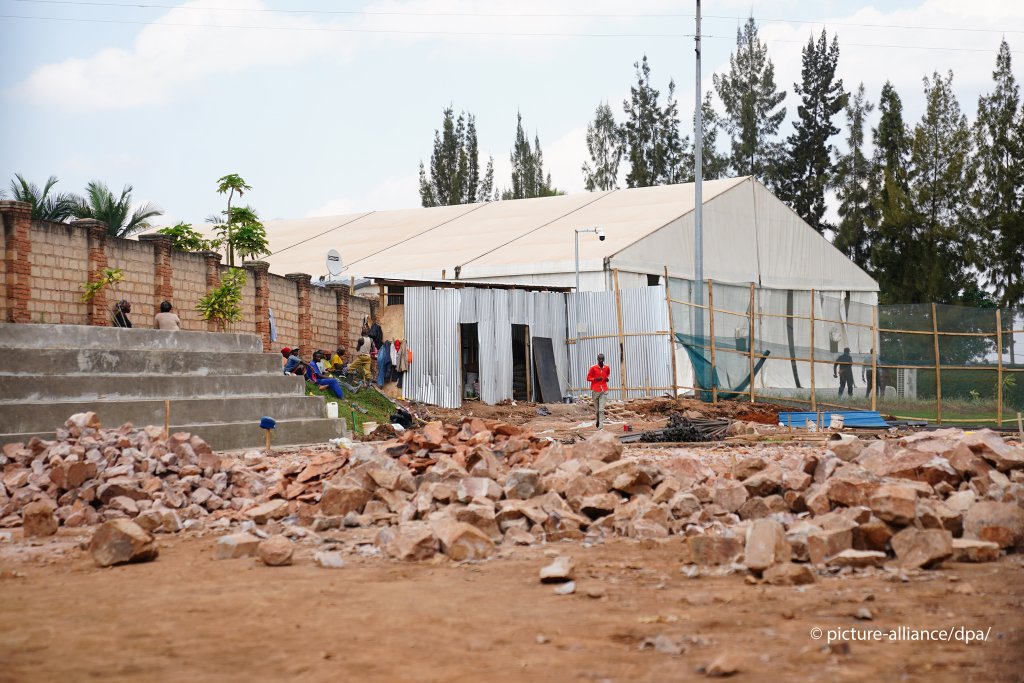
Read Also
In the past, there have been mounting calls for the UK to depart from the ECHR conventions in order to pursue its own asylum and immigration policies more independently. These calls were also made under the previous government, when they tried, but ultimately failed, to get their plan to outsource asylum processing to Rwanda off the ground.
Ironically, returns to France — or any other EU country — would have been much easier for the United Kingdom to carry out if the country had remained in the European Union, as the provisions and protections of the so-called Dublin Regulation no longer apply since its departure from the bloc — known commonly as "Brexit" — in 2020.
Read AlsoUK: Government calls for reform of European human rights convention to help manage migration
with Reuters, AFP
